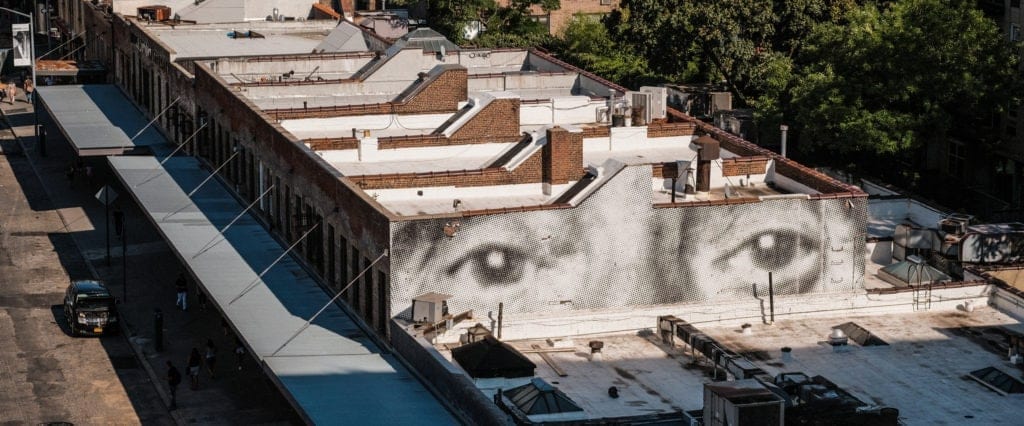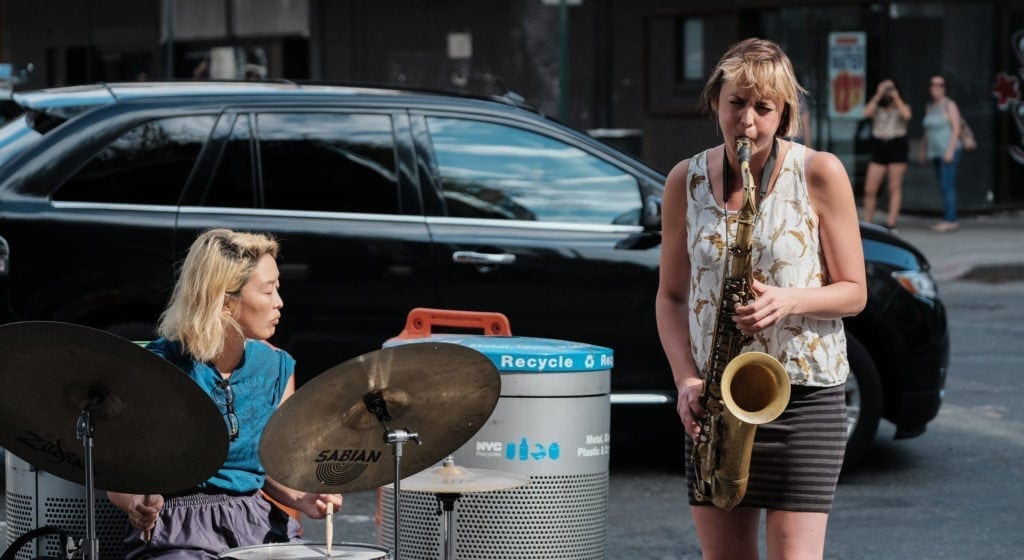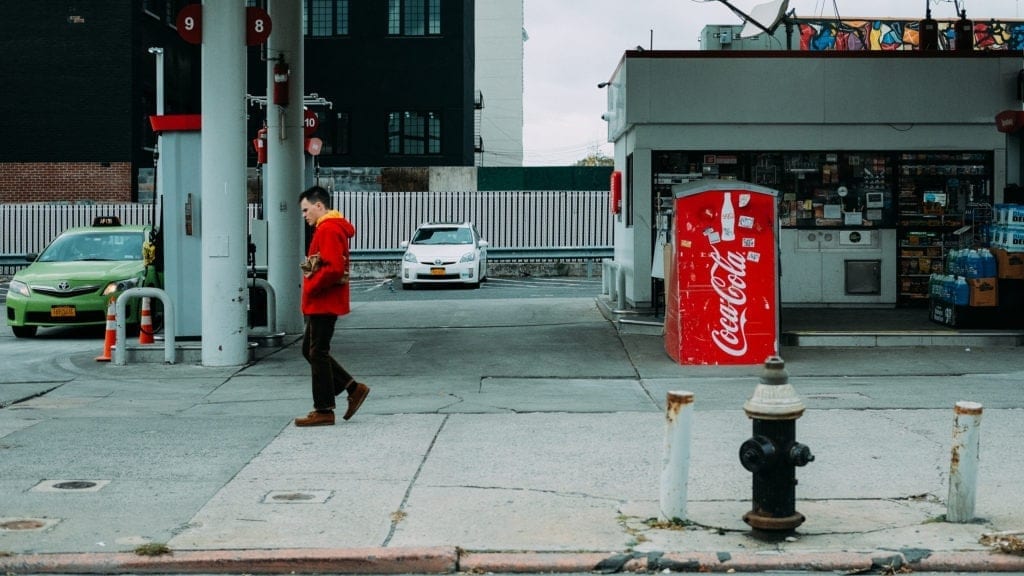

Throughout the course of history, urban segregation has existed at almost every time and place, proposing challenges to anthropologists and urban planners. This isolation has caused differentiated urban spaces, accessible only to those admitted or accepted in the particular community.
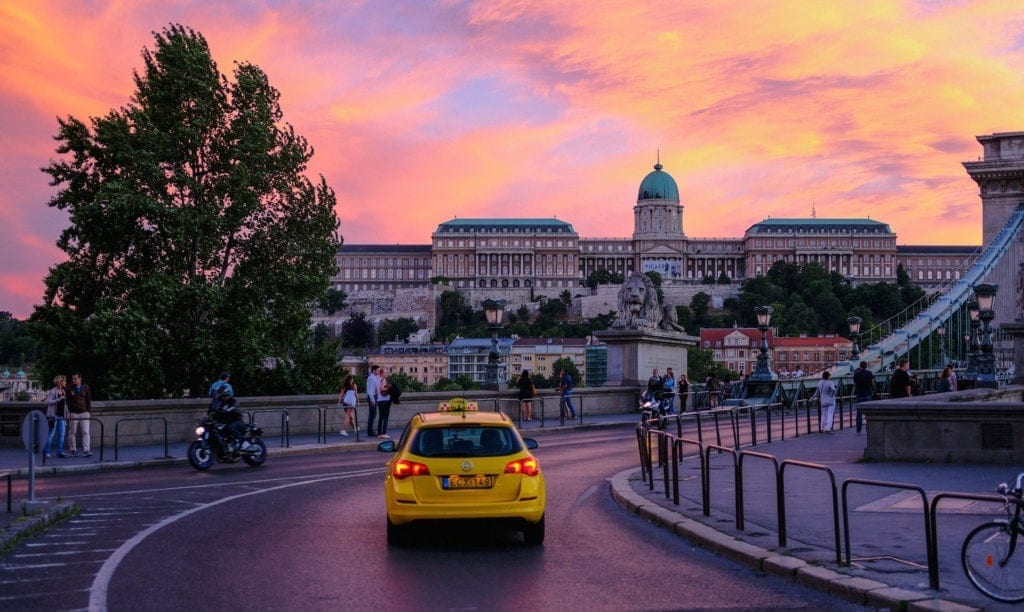
Budapest really blew our minds. We were not expecting such massive buildings with Rococo flairs, but the most surprising aspect of the constructions was their impeccable appearance–clearly, their maintenance is of top priority to the local, and perhaps State, governments.
The concept of sustainable development has been around for decades, but issues with its theoretical definition and actual practice in the modern world are more prominent than ever. Defined as “a systemic concept, relating to the continuity of economic, social, institutional and environmental aspects of human society,” (“Sustainability”) sustainability is now fervently debated amongst many scholars, including anthropologists, economists and ecologists. Unni Wikan, Herman Daly, and William McDonough have provided different approaches to the concept of sustainability, differing both in functionality and potency. While Wikan and Daly complicate developmental theories, McDonough decides to engage in praxis, simplifying such theories and setting them into motion.
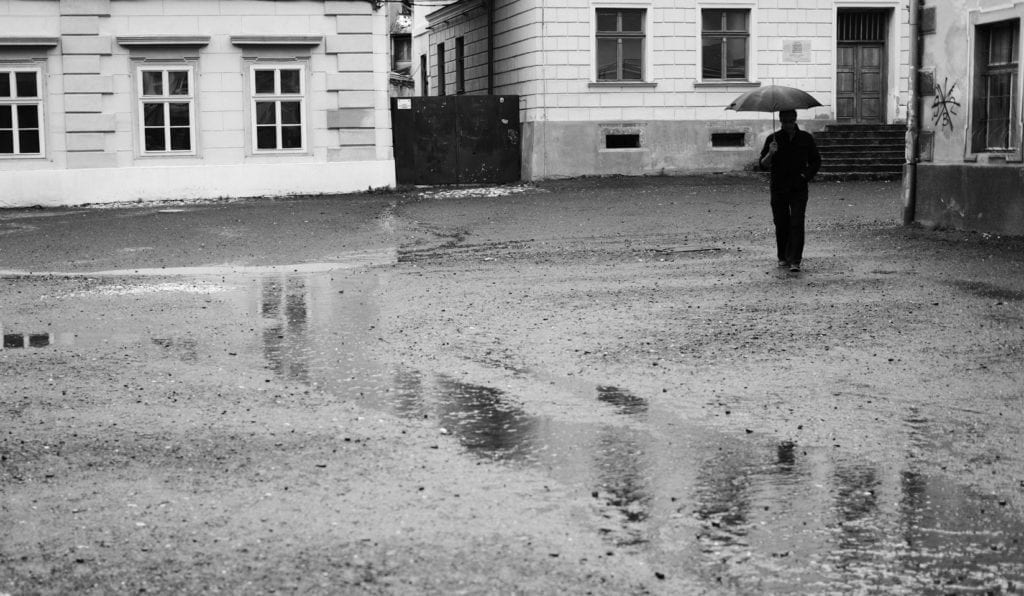
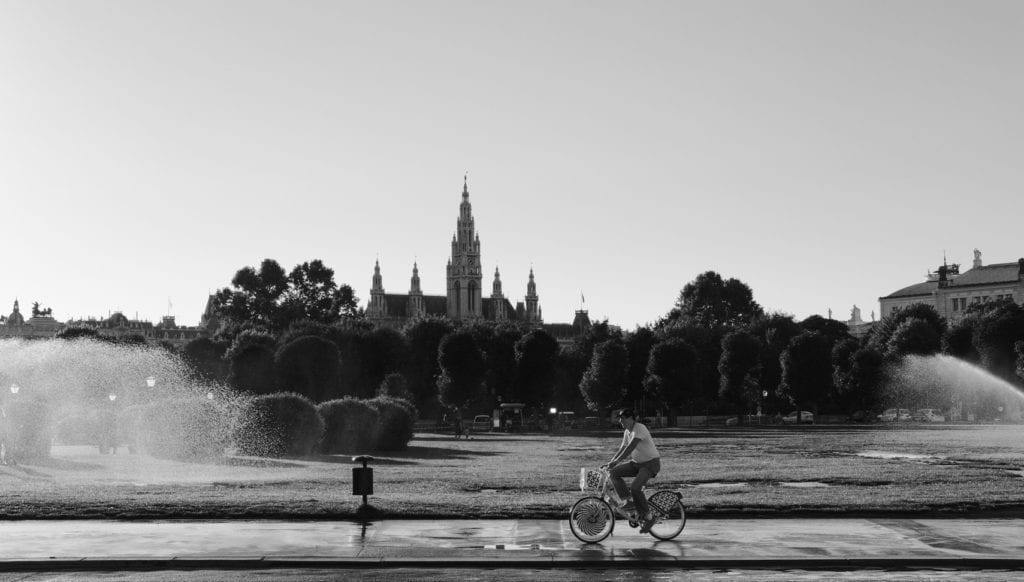
Our first destination this summer was the wondrous city of Vienna. Home to one of the fathers of psychology, Sigmund Freud, Vienna boasts a massive cultural catalog.


